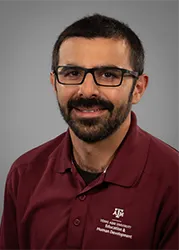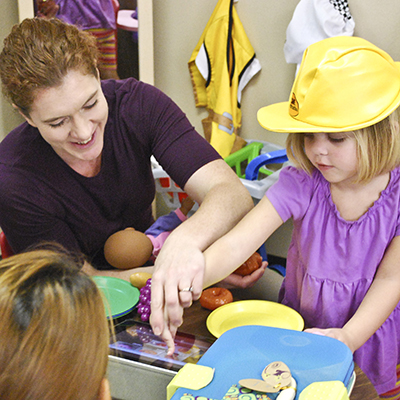


The Department of Educational Psychology (EPSY) is home to a variety of interrelated disciplines and degree options focused on human development and well-being in educational and community contexts. Our undergraduate programs prepare students to work with children and youth in a variety of community and school contexts. We also offer a range of professional master’s degrees geared towards professionals in schools, communities, and the corporate world. For those interested in doctoral studies we offer Doctor of Philosophy (Ph.D.) degrees in Educational Psychology, Counseling Psychology, and School Psychology.
“When I started at A&M, it was unlike any other, they push you to be your very best. Being a single mom and going back to school was not always easy but you can do it!”